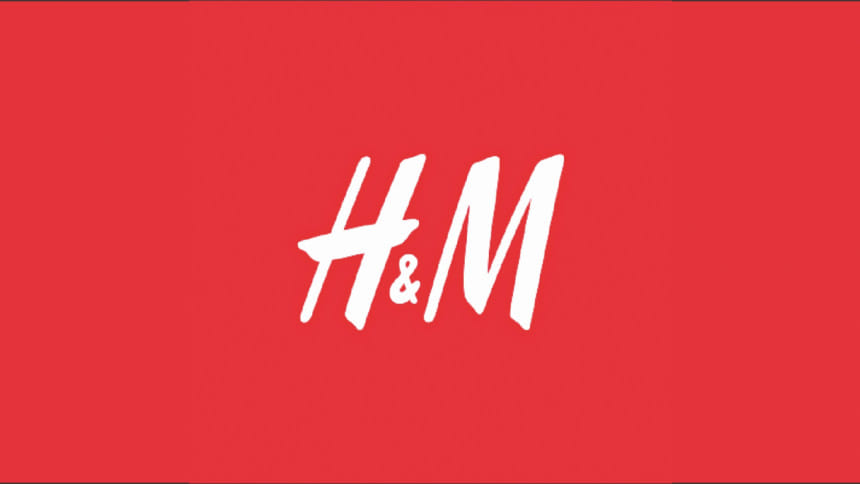Major brands join forces to decarbonise Bangladesh’s fashion industry

Some of the world's biggest fashion brands such as like Gap Inc, H&M Group, Mango, and Bestseller have joined forces to participate in an initiative to decarbonise the fashion sector in Bangladesh.
The Future Supplier Initiative offers a collective financing model to support decarbonisation in the apparel sector, according to a statement from H&M.
It is facilitated by non-profit The Fashion Pact in partnership with brand and manufacturer platform Apparel Impact Institute, consultancy firm Guidehouse and Singaporean DBS Bank.
Decarbonisation is the process of reducing or eliminating carbon dioxide emissions from processes such as manufacturing.
Future Supplier Initiative estimates that 99 percent of total fashion brand emissions occur in the supply chain.
It aims to accelerate the transition to net zero by sharing the financial risks and responsibilities of transitioning to renewable energy sources in garment and textile factories alongside their suppliers.
The initiative is a brand-agnostic mechanism that will develop and finance projects to support both brands and suppliers to meet their "Science Based Targets" (SBTs) and stay within the 1.5 degree trajectory.
The 1.5-degree trajectory is a specific goal outlined in the context of global efforts to address climate change, with the aim being to limit global warming to an increase of no more than 1.5 degrees Celsius above pre-industrial levels.
To this end, a combination of technical support and financial incentives will be used to help overcome the barriers that prevent many factories from adopting electrification and renewable energy solutions.
"The cost of inaction on climate change is unaffordable," said Eva von Alvensleben, executive director and secretary general of The Fashion Pact, according to a statement from H&M on June 13.
"If the fashion sector is to meet its goals and transform its supply chain, we urgently need to address the gap between ambition and action," she said.
"No business alone can solve this challenge, but by sharing the costs, risks and responsibilities of the transition to renewable energy, we can build an ecosystem of solutions and kickstart a new era of change," she added.
The H&M statement added that achieving significant emission reductions would mean that suppliers may need to adopt a range of energy-efficient technologies and processes, as well as transitioning to renewable energy sources, often with lengthy payback periods that can take decades.
This deters many suppliers from embracing electrification and renewable energy solutions, hindering progress towards decarbonisation goals.
To help accelerate progress and bridge these gaps, the Future Supplier Initiative aims to reduce the cost for suppliers by working with fashion brands to decrease the cost of capital for loans that can accelerate decarbonisation.
Alongside financial incentives, technical support will be provided to help suppliers identify and implement low-carbon technologies and solutions.
Baselining and monitoring emission reductions will also be conducted to demonstrate the impact of projects financed and implemented by the initiative.
The initiative seeks to identifying common factory units, interventions and costs and match projects with the highest potential for impact.
"At Bestseller, we are working intensively to improve our climate footprint," said Anders Holch Povlsen, owner and CEO of Bestseller.
"We have largely managed to tackle our direct emissions, but it is clear that emissions in our value chain require ambitious efforts on a scale that calls for innovative, joint solutions," he said.
"Gap Inc is committed to bridging the climate gap by collaborating with our supply chain partners to reduce emissions," pledged Richard Dickson, president and CEO of Gap Inc.
Daniel Ervér, CEO of H&M Group, said, "At H&M Group, we want to lead the way within our industry and decarbonising our supply chain is one of the most important keys to further reducing our emissions."
"The Future Supplier Initiative shows that solutions are readily available and come with proven impact, but it requires commitments from brands and investors that are willing to invest," he said
"We encourage others to join our efforts to tackle our industry's negative climate impact," Ervér added.

 For all latest news, follow The Daily Star's Google News channel.
For all latest news, follow The Daily Star's Google News channel. 



Comments